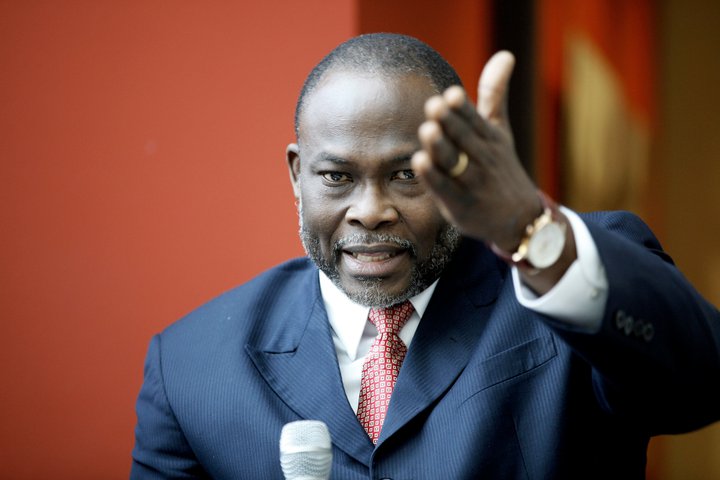Effective November 2014, non-Ghanaians illegally undertaking retail
business will be arrested and put before special courts for prosecution.
This is the outcome of interaction between Dr Spio Garbrah, Trade
Minister, and Mrs. Georgina Wood, Chief Justice, on the rumpus in the
country’s retail trade sector.
The Ghana Investment Promotion Council (GIPC) Act 865, which came into
effect in 2013, has been met with mixed feelings by locals and non-locals.
The locals, led by the Ghana Union of Traders Association (GUTA) see it as
“a Daniel come to judgment” (apologies to The Merchant Of Venice) while
foreign traders, especially Nigerians, perceive it as a stumbling block on
which they must overleap or fall.
The Law does not forbid foreigners from trading in Ghana but they are not
expected to partake in petty trading at designated markets. It also allows
non-locals to trade in Ghana provided they have one million US dollars in
cash or goods, to be ascertained by customs clearance forms or certified
by the country’s central bank and additionally, employs 20 Ghanaians.
Though the legislation aims at preserving the retail trade for the local
people to the exclusion of all foreigners, Nigerian traders in the country
see it as a measure meant to flush them out of business.
The crux of the misunderstanding is against the background that most of
the over 10,000 Nigerians could not meet the former criteria of 300,000 US
dollars, how much more the upgraded one million US dollars?
To GUTA, the large numbers of Nigerian traders in the country’s markets is
a complete take over of the retail business which is a total preserve of
locals, and if the move is left unchecked would deprive Ghanaian traders
of their livelihood.
But do one blame the foreigner for the woes of the locals? In a lot of
instances the non-Ghanaians carry out their operations with the consent of
Ghanaians who front for them in the market centres.
Interestingly, the Nigerian traders have not sat down idly bemoaning their
fate while the saga of the GIPC Law rages on – they have combined legal
process with diplomacy to stifle the operations of the Law.
The ECOWAS Community Court of Justice, last year, dismissed a case brought
against Ghana by some Nigerian traders plying their trade in the country.
The group led by the National Association of Nigerian Traders (NANTS) and
the Nigerian Union of Traders Association in Ghana (NUTAG) petitioned the
Court over the new GIPC Law revised in July, 2013, which among others
specifies the criteria foreigners will have to meet in order to engage in
business activities in Ghana.
Ghana argued that the Law was necessary to protect domestic interests and
could not have been said to violate any ECOWAS protocol.
Ruling, the Sub-Regional Court rejected the position of the traders that
sections of the new GIPC Act that bar foreigners from engaging in retail
trade in the Ghanaian markets are in violation of the ECOWAS Protocol on
free movement of people and goods.
Now that special courts are to be set up for the prosecution of foreigners
illegally engaged in the retail trade and their local front men, the
Nigerian Community is calling for a dialogue to resolve the issue.
Ghana Moves To Sack Nigerian Traders

1.2K


